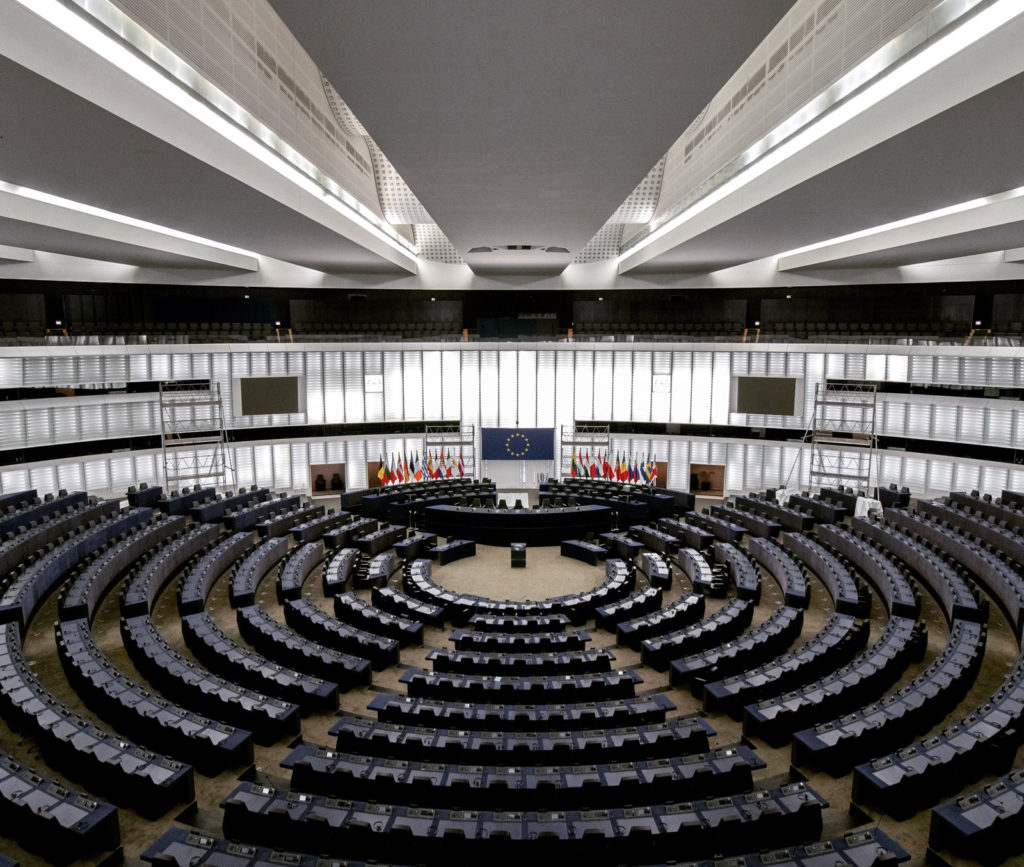ICEERS participated in the United Nations Commission on Narcotic Drugs (CND) meetings in Vienna, a meeting held every March where 53 states come together to discuss and formulate guidelines relating to drug policy at the international level. The CND is the political body within the international drug control system responsible for discussing and formulating guidelines in this area for both States and the relevant international drug policy organizations. Any member of the United Nations can attend as an observer, and representatives of civil society increasingly attend and play important roles in influencing governmental decisions on drug policy.
This year ICEERS we attended the Plenary (this is where government delegations come together, along with the representatives of relevant agencies, such as the World Health Organization, the United Nations Development Program, or the Office of the High Commissioner for Human Rights). We also followed the negotiations about different resolutions at the Committee of the Whole (this year they focused on alternative development, vulnerable populations, and the stigma that impacts people who use drugs, among others). More pro-actively, we co-sponsored a side event and participated in informal dialogues between NGOs and the heads of drug control agencies – the CND, the International Narcotics Control Board (INCB), and the United Nations Office against Drug and Crime (UNODC). We also participated in the General Assembly of the Vienna NGO Committee on Drugs, an organization that brings together the different NGOs that work in the CND.
61st session of the Commission on Narcotic Drugs
We were very honored to collaborate with the Government for the Czech Republic, the Multidisciplinary Association for Psychedelic Studies (MAPS), the Luca Coscione Association, FAAT and Veterans for Access to Medicinal Cannabis to organize a side event entitled “The Right to Science and the Freedom of Research with Controlled Substances.” Panelists presented to a packed room about the latest scientific advances with controlled substances, and engaged in a dialogue about the current barriers that this research faces, as well as evidence that is being generated that illustrates the potentials of these substances – in particular the therapeutic potential of cannabis, MDMA, psilocybin and ibogaine as a treatment for post-traumatic stress disorder, depression and problematic substance use.
Dr. José Carlos Bouso, ICEERS’s Scientific Director, spoke to the importance of using approaches to conducting research with medicinal plants that are not based exclusively on clinical trials but that also consider observational studies as well as ancestral knowledge of indigenous contexts. The synergies generated by this discussion served as the basis for our contributions to the General Comment on the Right to Scientific Research that is currently being carried out by the Committee on Economic, Social and Cultural Rights.
ICEERS’ participation in the informal dialogues with the president of the INCB and the UNODC officials also had an impact. Natalia Rebollo, Coordinator of the Ayahuasca Defense Fund, asked Dr. Sumyai why drug control conventions classify cannabis as a dangerous substance, when such a classification is based on stigma rather than scientific evidence. Dr. Sumyai, despite responding that the question was “interesting,” avoided responding to it, pointing instead to the technical processes of the Committee of Experts on Drug Addiction (ECDD) of the World Health Organization. Natalia also put higher UNODC officials on the spot, asking how States are addressing the contradictions between the obligations of drug treaties and those articulated within human rights conventions.
Once again, we returned to Barcelona from the CND with bittersweet feelings – satisfied with our participation in the meetings, but acutely aware of how much remains to be done to achieve more humane drug policies. Civil society is certainly gaining more ground within the CND to push it to become a more democratic and accountable process. We will continue to contribute to these advances towards drug policy based on evidence, human rights, sustainable development and the participation of civil society.
Categories:
NEWS
, ADF
, HUMAN RIGHTS
Tags:
United Nations
, indigenous

